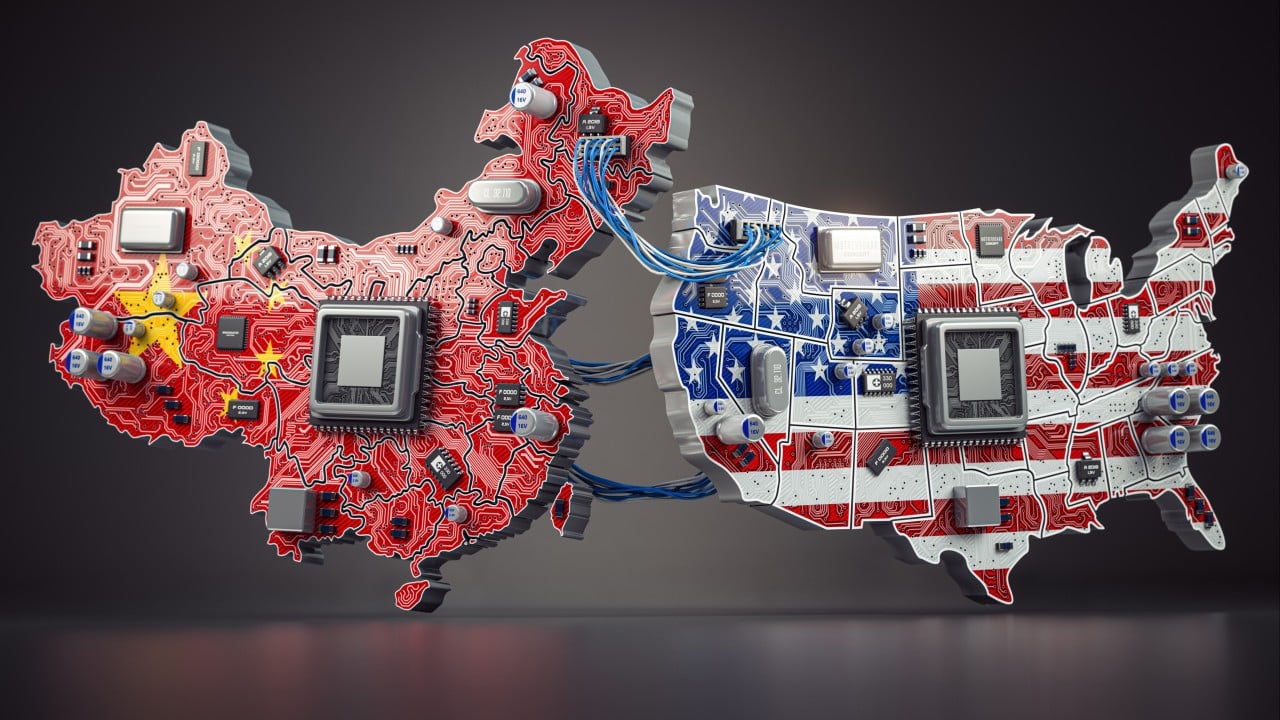When Malaysia’s deputy minister of communications, Teo Nie Ching, announced the launch of the country’s “sovereign AI infrastructure” powered by Huawei Technologies’ advanced computing chips and the DeepSeek large language model, she inadvertently set off a geopolitical maelstrom.
Advertisement
In the crosshairs of Teo’s announcement was the activation of Huawei’s Ascend chips on a national scale and the planned roll-out of 3,000 of those chips by next year to “form the backbone of Malaysia’s national AI grid”. Teo’s office reportedly retracted her remarks just a day later. Had they been true, Malaysia’s deployment of this class of Huawei’s integrated circuits could have fallen foul of US export controls targeted at specific Ascend chips, issued just a week earlier.
Malaysia’s Ministry of Investment, Trade and Industry distanced itself from Teo’s announcement, clarifying that the artificial intelligence infrastructure touted was “privately driven” and “not developed, endorsed or coordinated” at the government level. Even Huawei, whose vice-president of Malaysia operations attended Teo’s event, denied selling any Ascend chips in the country when asked by the media.
The incident threw a spotlight on the increasingly difficult positions of Southeast Asian countries walking the tightrope between technological autonomy and fracturing geopolitical realities. Beijing has threatened to retaliate against Washington’s latest export controls on Chinese-made chips with its anti-sanctions law, which would affect third parties enforcing US regulations.
If Teo’s remarks were, in fact, verifiable, they would have implied double jeopardy for a Malaysia caught between the extraterritorial reach of the United States and China’s unilateral, punitive measures.
Advertisement
This dilemma begs the larger question of what a third country’s sovereign AI infrastructure might look like if it lacks or is denied sufficient tools, technologies and the tradecraft to build, operationalise and deploy AI services to its people. As even China and the US must realise, no country can yet construct, own and control its entire AI stack completely independently of others.

